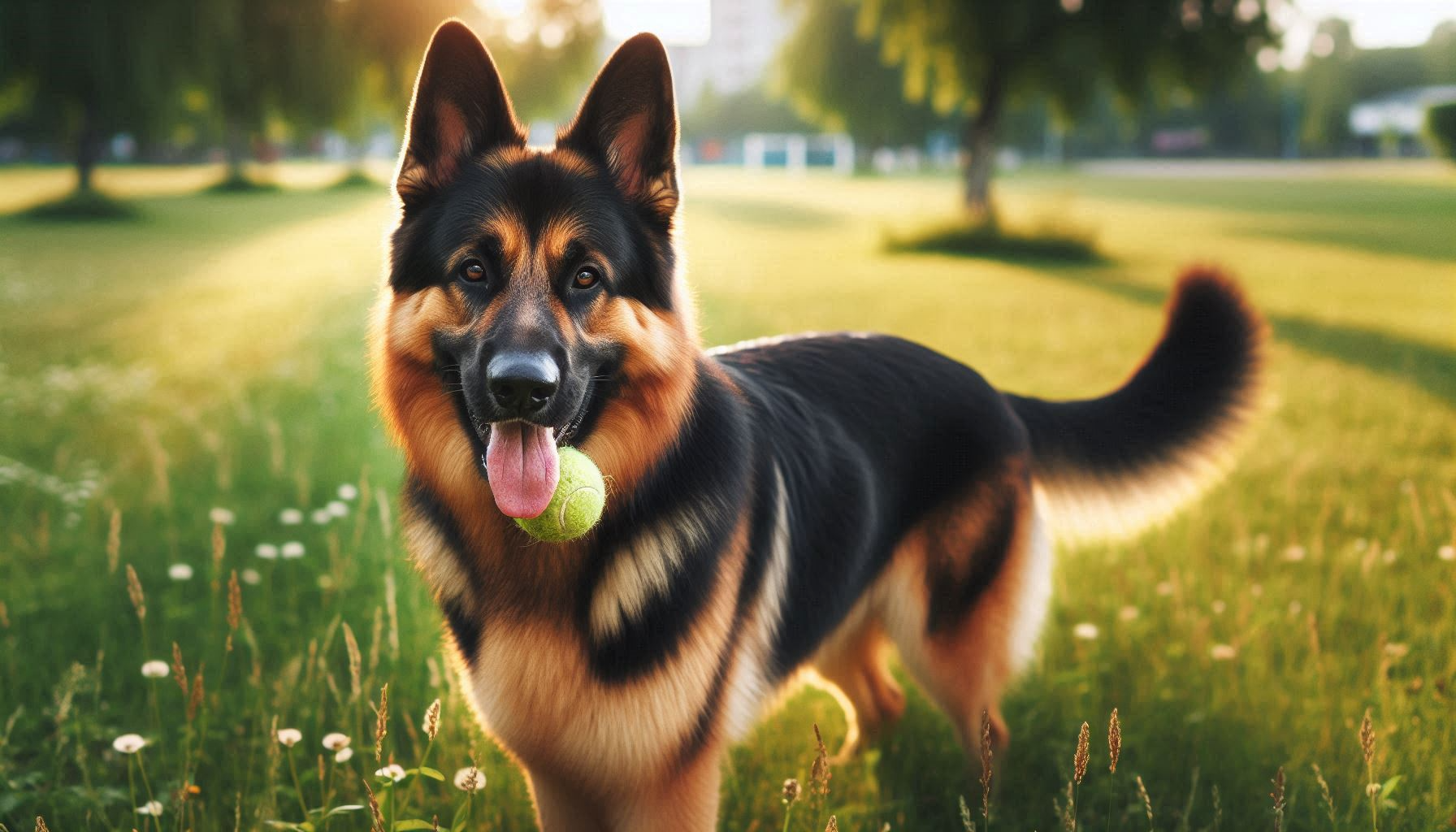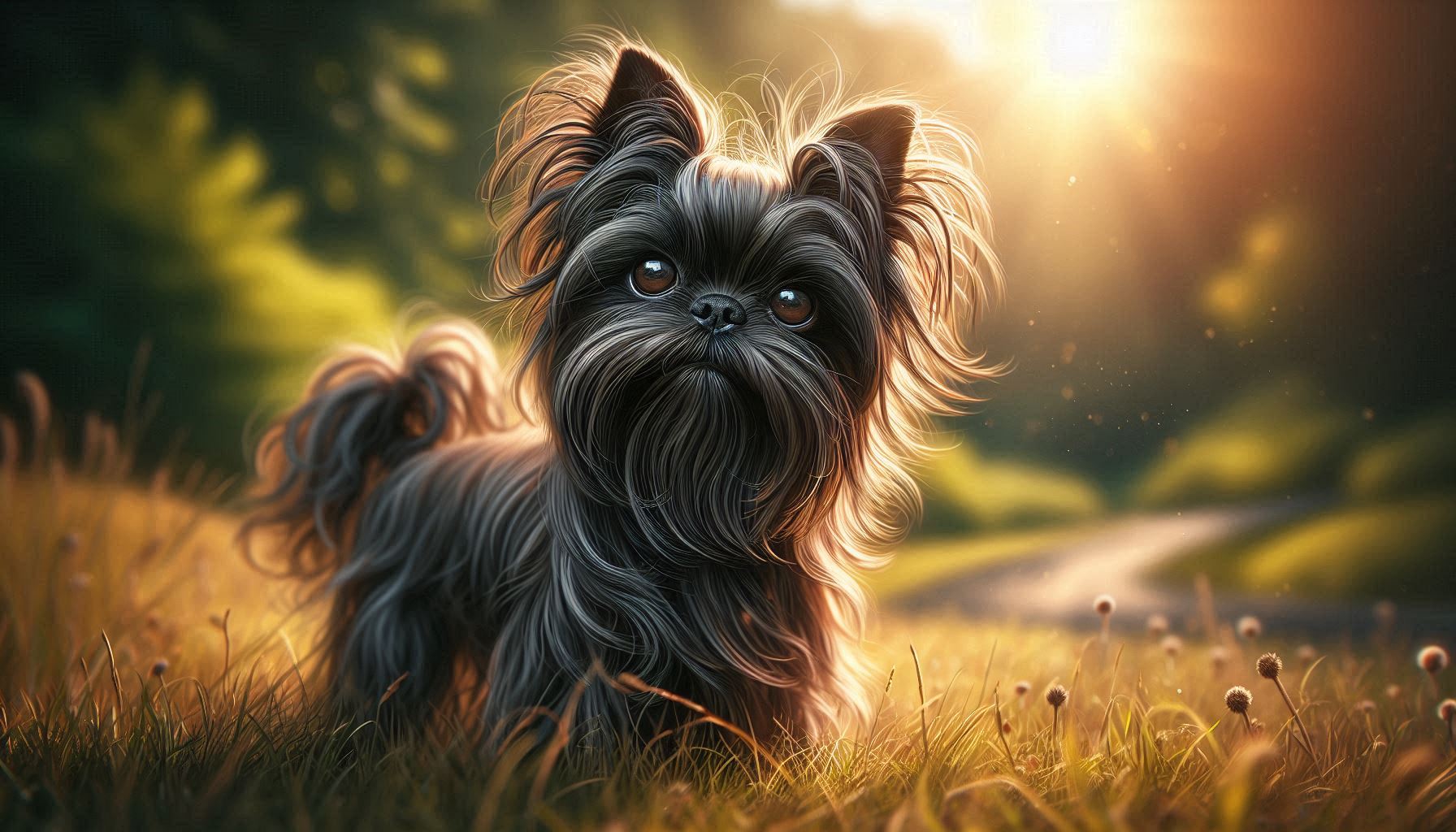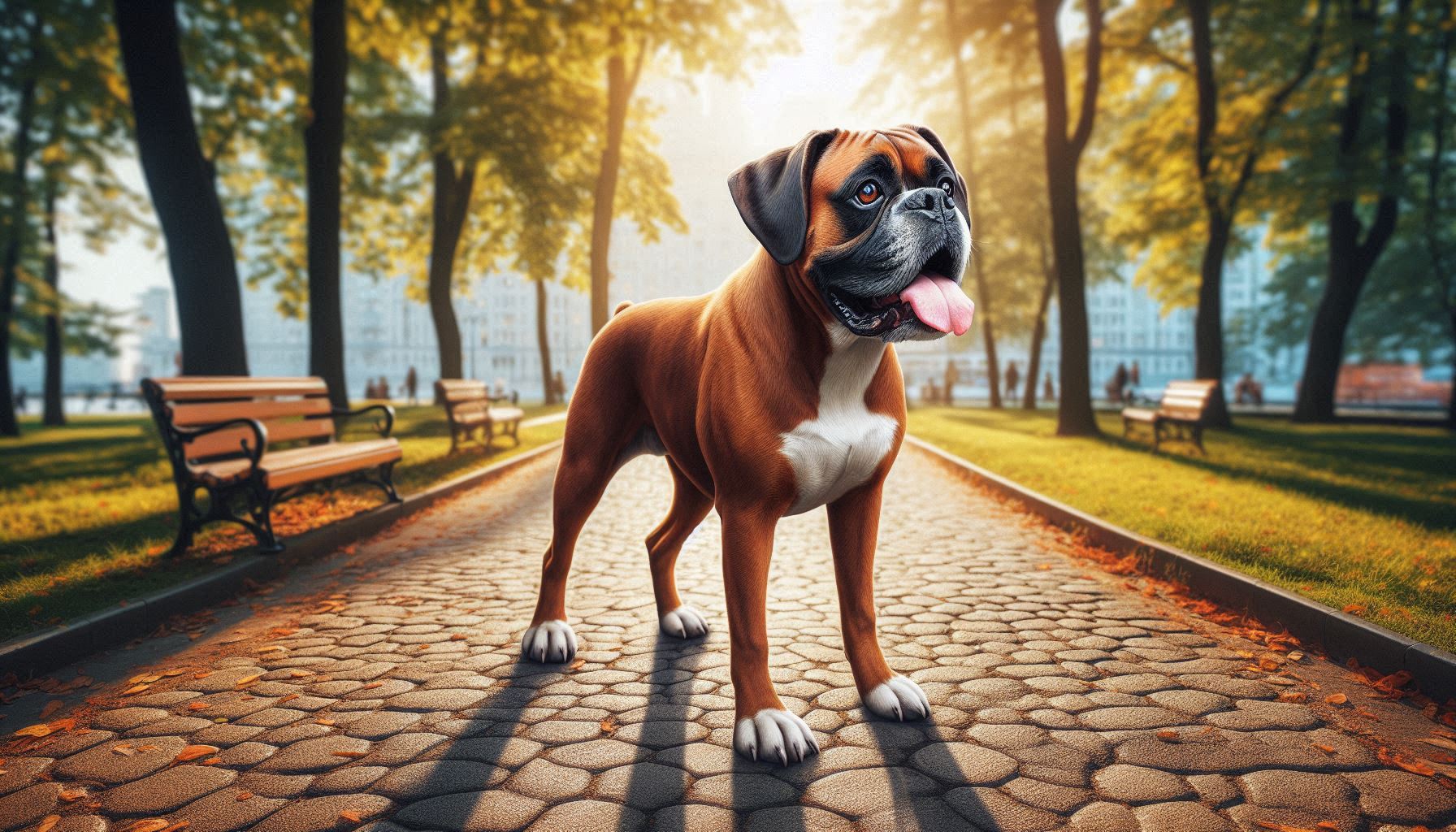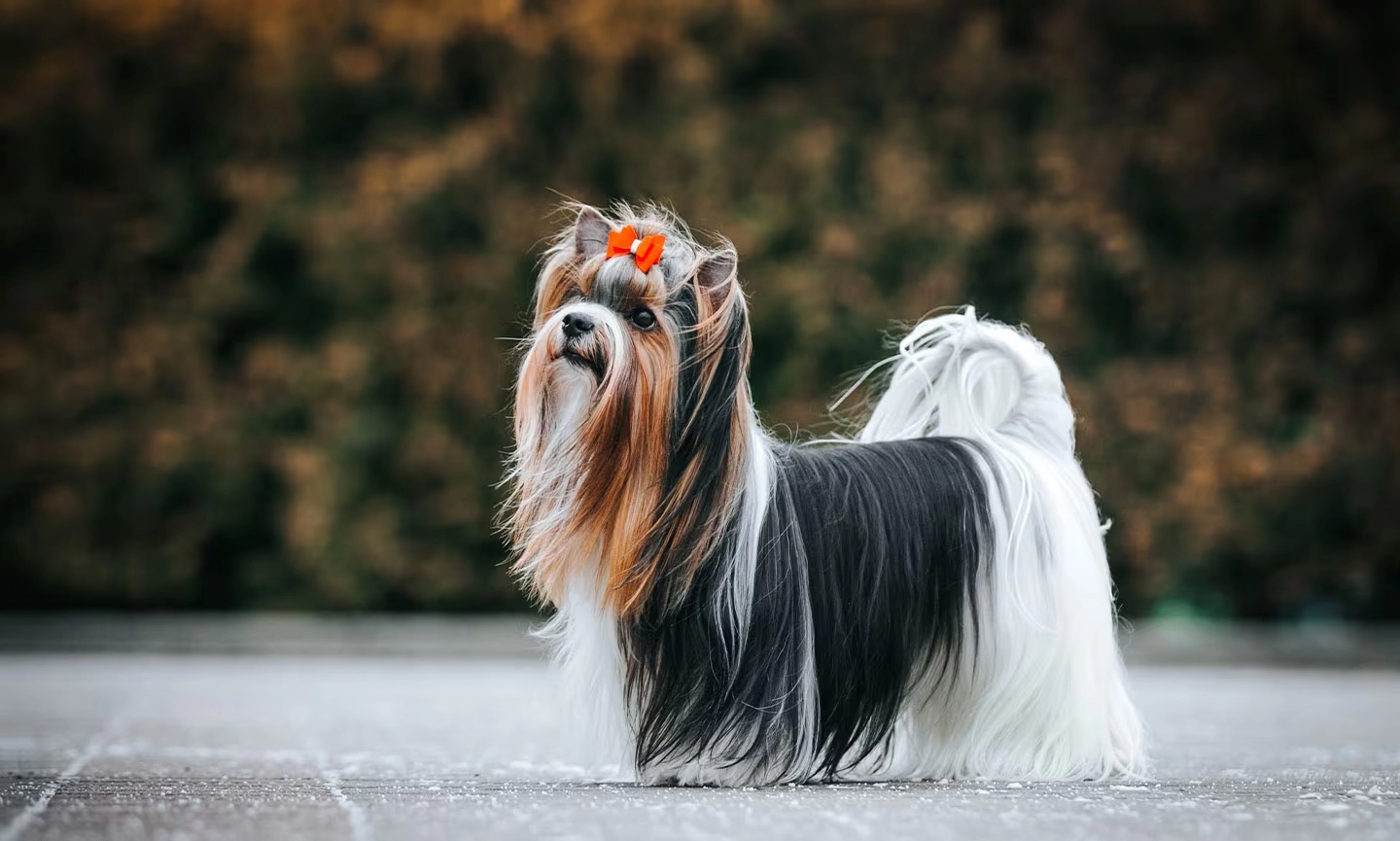Table of Contents
Rottweiler Dog Breed
The Rottweiler, often simply referred to as a “Rottie,” is a breed that commands attention with its strong, muscular build and confident demeanor. Known for their loyalty, intelligence, and protective nature, Rottweilers have earned a reputation as one of the most dependable and versatile dog breeds. Whether as a working dog, a family companion, or a guard dog, the Rottweiler’s unique characteristics make it a popular choice among dog owners worldwide.
History and Origin
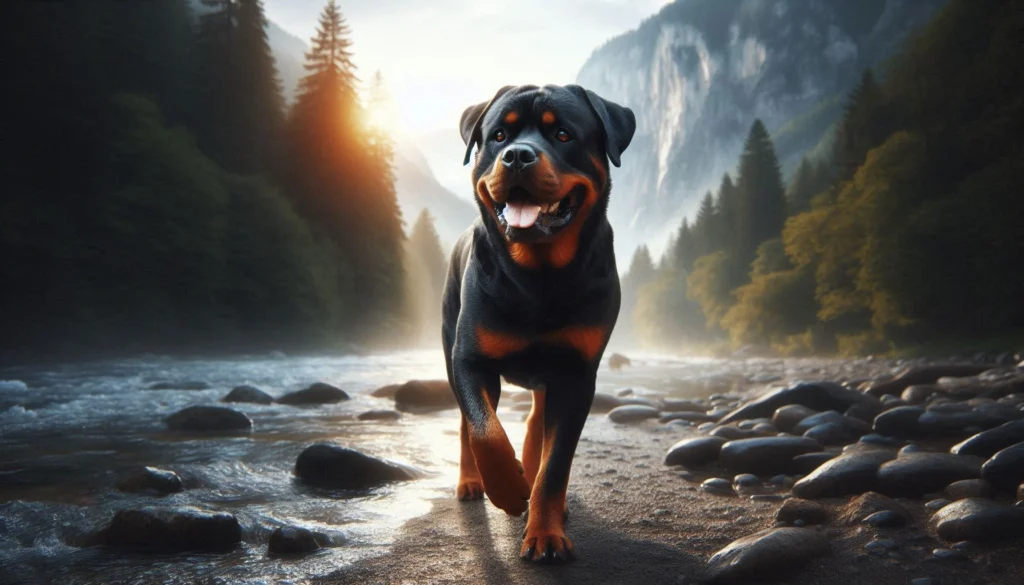
The Rottweiler history dates back to the Roman Empire, where they were used as herding and guard dogs. These early ancestors of the Rottweiler accompanied Roman soldiers as they marched across Europe, helping to drive and protect the herds that provided food for the army. As the Roman Empire expanded, these dogs were bred with local dogs, giving rise to various herding breeds.
The breed’s name is derived from the town of Rottweil in Germany, where they were primarily used to herd cattle and pull carts loaded with butchered meat to the market. This earned them the nickname “Rottweil butchers’ dogs.” Over time, as the demand for such tasks declined with the advent of railways, Rottweilers found new roles in police work, search and rescue, and as loyal family companions.
Physical Characteristics

Rottweilers are large, powerful dogs with a distinct appearance that exudes strength and agility.
- Size: Males typically weigh between 95 to 135 pounds and stand 24 to 27 inches tall at the shoulder, while females are slightly smaller, weighing 80 to 100 pounds and standing 22 to 25 inches tall.
- Coat Type: They have a short, dense, and straight outer coat with an undercoat that provides additional insulation. The coat is weather-resistant, making it suitable for various climates.
- Colors: The classic Rottweiler color is black with well-defined rust or mahogany markings on the cheeks, muzzle, chest, legs, and over the eyes. These markings give the Rottweiler its distinctive look.
- Distinctive Features: Rottweilers have a broad head, a well-muscled neck, and a deep chest. Their eyes are medium-sized and dark brown, giving them an alert and confident expression. The ears are triangular, set high, and hang down close to the cheeks.
Temperament and Personality
Rottweilers are known for their confident and calm demeanor. They are incredibly loyal and protective of their families, making them excellent guard dogs. However, they are not inherently aggressive; rather, they are discerning, assessing situations before acting.
- With People: Rottweilers are known to form strong bonds with their owners and are often affectionate and gentle with them. They are naturally protective, which can sometimes be mistaken for aggression. Early socialization and training are crucial to ensure they understand when protection is necessary.
- With Children: Rottweilers can be excellent with children, particularly if they are raised together. They are patient and tolerant but, due to their size and strength, should always be supervised around young children to prevent accidental injuries.
- With Other Animals: Rottweilers can coexist peacefully with other dogs and pets if they are properly socialized from an early age. However, due to their strong prey drive and dominant nature, introductions should be managed carefully.
Health and Lifespan
Rottweilers are generally healthy dogs, but like all breeds, they are prone to certain health issues. With proper care, they typically live between 8 to 10 years.
Common Health Issues:
- Hip Dysplasia: A genetic condition where the hip joint doesn’t fit into the hip socket properly, leading to arthritis or lameness.
- Elbow Dysplasia: Similar to hip dysplasia, this condition affects the elbow joint and can cause pain and mobility issues.
- Heart Problems: Rottweilers are prone to a condition called subaortic stenosis (SAS), which can lead to heart failure.
- Bloat (Gastric Dilatation-Volvulus): A life-threatening condition where the stomach twists, trapping gas and cutting off blood supply.
Tips for Keeping a Rottweiler Healthy:
- Regular Vet Checkups: Regular health screenings can catch issues early.
- Proper Diet: A balanced diet tailored to their size and activity level is crucial.
- Exercise: Regular physical activity helps maintain their weight and overall health.
- Joint Supplements: For aging Rottweilers, joint supplements can help manage or prevent arthritis.
Care and Grooming

Rottweilers are relatively low-maintenance in terms of grooming, but they do require regular care to keep them healthy and happy.
Grooming Needs:
- Brushing: Their short coat should be brushed weekly to remove loose hair and keep the coat shiny. During shedding season (usually spring and fall), more frequent brushing may be necessary.
- Bathing: Rottweilers don’t require frequent baths; every 6 to 8 weeks is sufficient unless they get particularly dirty.
- Nail Trimming: Regular nail trims are important to prevent overgrowth and discomfort.
- Dental Care: Regular brushing and dental chews can help maintain oral health.
Exercise Requirements:
- Daily Exercise: Rottweilers are active dogs that need at least an hour of exercise each day. This can include walks, playtime, or activities like obedience training or agility.
- Mental Stimulation: They are intelligent dogs that thrive on mental challenges. Puzzle toys, training exercises, and interactive games can help keep them mentally engaged.
Dietary Recommendations:
- High-Quality Dog Food: Choose a dog food that is appropriate for their age, size, and activity level. Consult with your vet for specific dietary recommendations.
- Portion Control: Due to their tendency to gain weight, it’s important to monitor their food intake and avoid overfeeding.
- Supplements: Consider adding joint supplements to their diet, especially as they age.
Training and Socialization
Rottweilers are intelligent and eager to please, making them relatively easy to train, but they do require consistent, firm, and positive reinforcement methods.
Training Tips:
- Start Early: Begin training and socialization as early as possible to establish good behavior patterns.
- Positive Reinforcement: Use rewards such as treats, praise, and playtime to encourage good behavior.
- Consistency: Be consistent with commands and rules to avoid confusion.
- Obedience Classes: Professional training classes can be beneficial, especially for first-time Rottweiler owners.
Socialization:
- Expose to Different Environments: Socialize your Rottweiler by introducing them to various environments, people, and animals from a young age.
- Controlled Interactions: Always supervise interactions with new people and animals to ensure positive experiences.
- Ongoing Process: Socialization should be an ongoing process throughout their life to maintain their confidence and sociability.
Suitability as a Family Pet
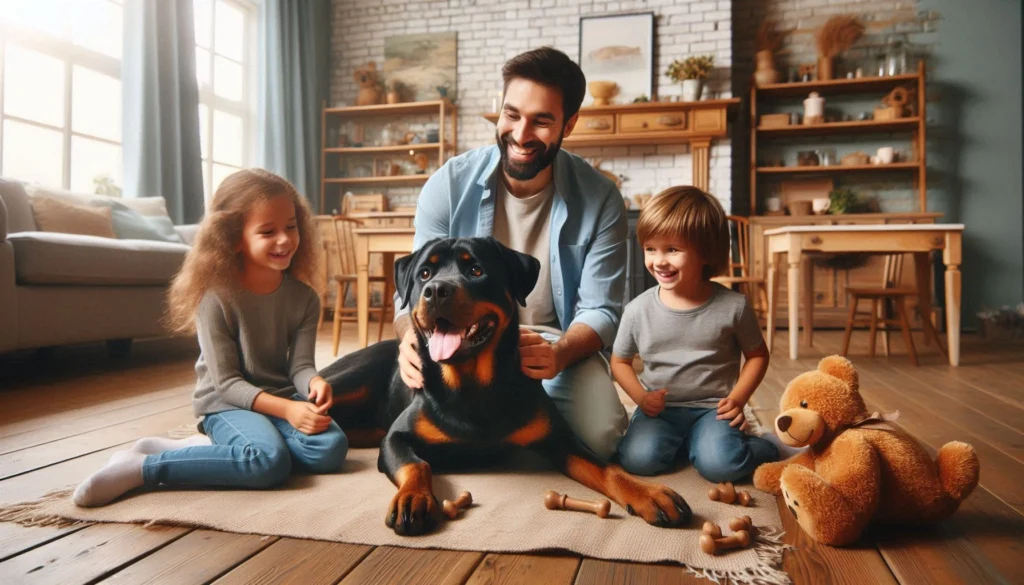
Rottweilers can make excellent family pets for the right owners. They are best suited to families who have experience with large breeds and can provide the necessary training, exercise, and socialization.
Living Environment:
- Space: Rottweilers do best in homes with a yard where they can run and play. However, they can adapt to apartment living if given sufficient exercise.
- Activity Level: They are moderately active indoors but thrive on regular outdoor activities.
- Compatibility with Children and Pets: With proper socialization, they can be good with children and other pets, but their size and strength mean they should be supervised around small children.
Fun Facts and Trivia
- Working Heritage: Rottweilers were originally bred as working dogs, and they excel in various roles, including search and rescue, police work, and therapy.
- Guardians of the Family: They have a natural instinct to protect their family, making them excellent guard dogs.
- Athletic Abilities: Rottweilers are strong and agile, making them great competitors in canine sports like agility, obedience, and herding.
Dog Breeds Similar to Rottweiler
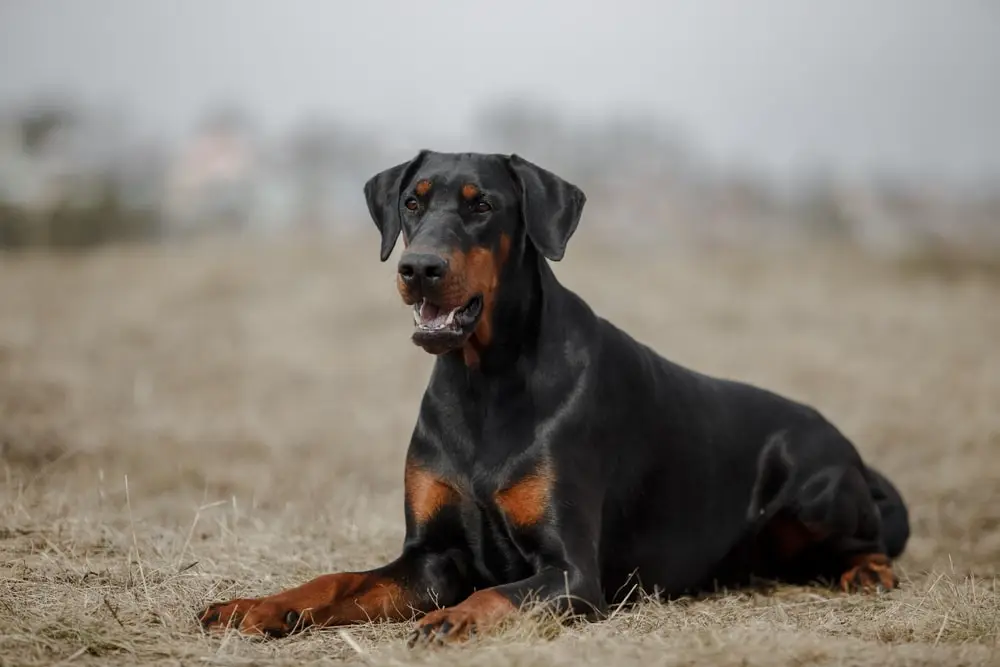
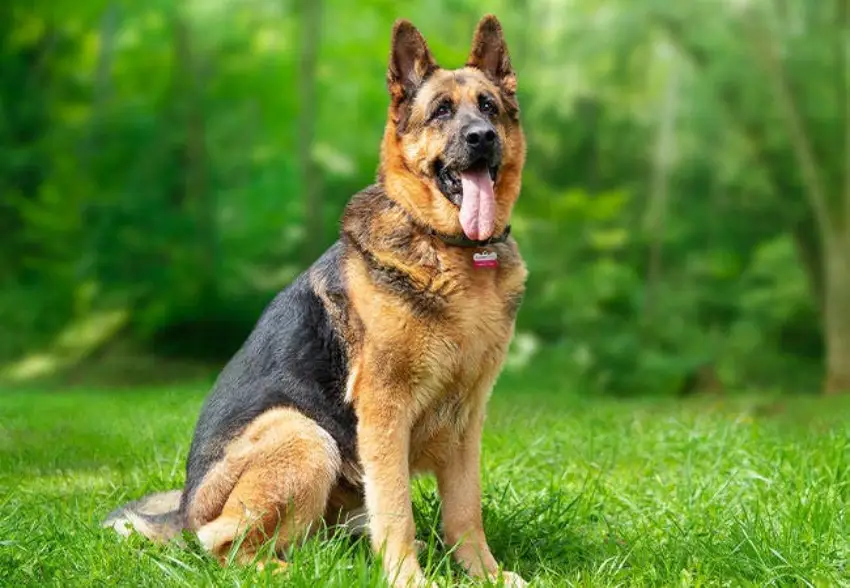
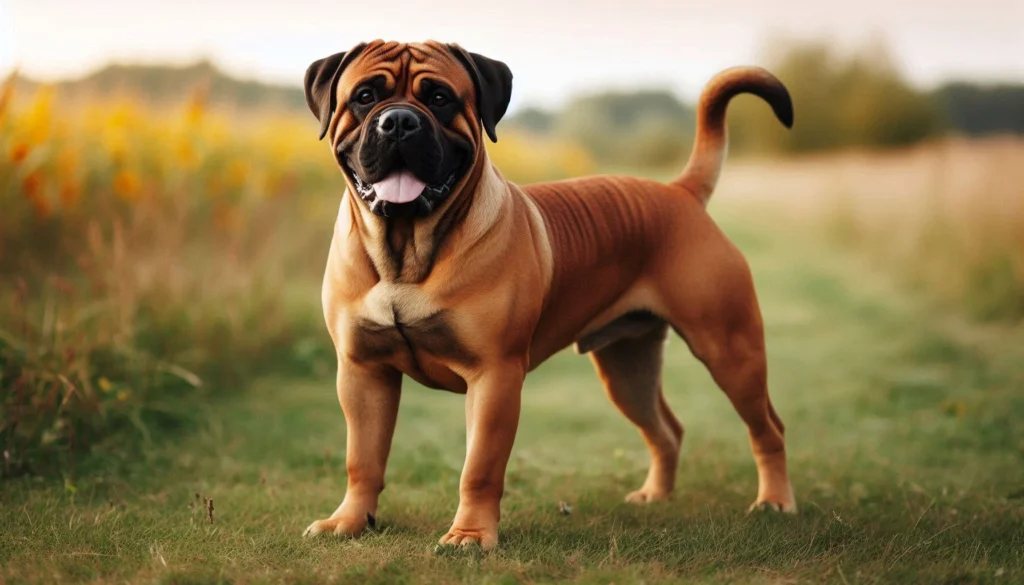
- Doberman Pinscher: Similar in size and temperament, Dobermans are known for their loyalty, intelligence, and protective nature. They are slightly more slender and have a sleeker coat.
- German Shepherd: Another intelligent and versatile breed, German Shepherds are highly trainable and often used in police and military roles. They are slightly larger than Rottweilers and have a double coat that requires more grooming.
- Bullmastiff: Bullmastiffs are large, powerful dogs with a protective nature similar to Rottweilers. They are more laid-back but equally effective as guard dogs and family protectors.
Conclusion
The Rottweiler is a remarkable breed that combines strength, intelligence, and loyalty in a way few other breeds do. While they require proper training, socialization, and care, the rewards of owning a Rottweiler are immense. Whether you’re looking for a working dog, a protector, or a loyal family companion, the Rottweiler is a breed that can fulfill those roles with distinction.
If you’re considering bringing a Rottweiler into your home, make sure to do your research and prepare to invest time in their training and care. With the right approach, a Rottweiler can be a devoted and loving member of your family.
FAQ
Is the Rottweiler a dangerous dog?
Rottweilers are not inherently dangerous, but they are powerful and protective dogs. Their temperament largely depends on how they are raised, trained, and socialized. With proper training and a responsible owner, Rottweilers can be friendly, affectionate, and well-behaved family pets.
Is the Rottweiler the best guard dog to protect my family?
Rottweilers are known for their natural protective instincts, making them excellent guard dogs. They are loyal, alert, and courageous, which are ideal traits for a guard dog. However, their effectiveness as a guard dog depends on proper training and socialization.
